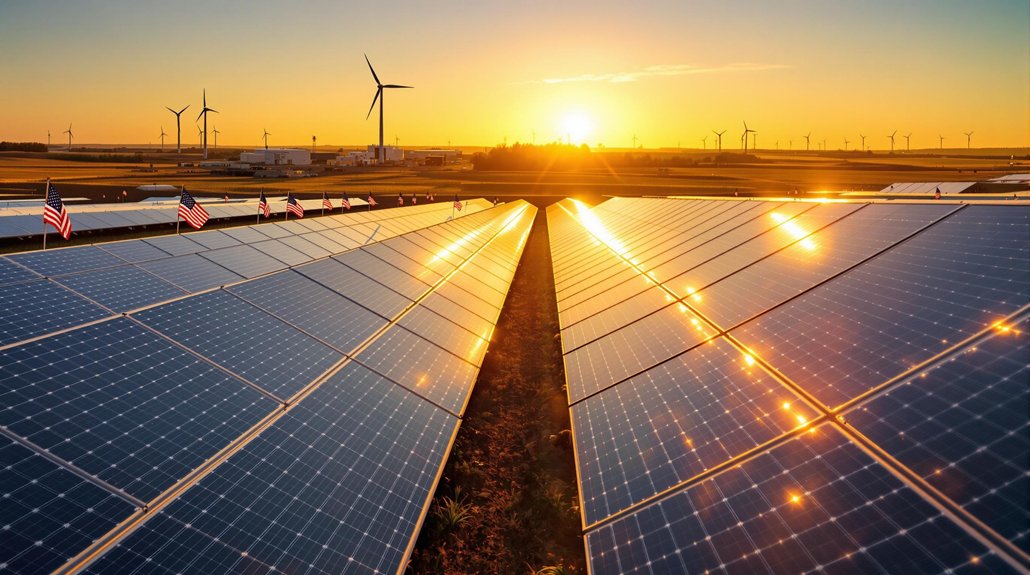A group of 21 House Republicans supports preserving clean energy tax credits despite party leadership’s focus on spending cuts. They argue these credits align with Trump’s “energy dominance” agenda and bring economic benefits to GOP districts. The lawmakers aren’t making this a “red line” issue but leverage their influence in the slim Republican majority. The tension highlights the complex balance between fiscal conservatism and supporting business-friendly policies that create jobs.
Despite their party’s previous opposition to the Inflation Reduction Act, 21 House Republicans are now fighting to protect its clean energy tax credits. In a letter to Ways and Means Committee Chair Jason Smith, these lawmakers urged the preservation of tax incentives that have brought substantial investments to their districts. The group has grown by three members since their previous appeal.
The Republicans argue these credits support former President Trump’s “energy dominance” agenda and align with his “America First” policies. They warn that changing the tax structure could disrupt ongoing clean energy projects and potentially raise consumer energy prices.
Economic benefits appear to be driving this support. A striking 85% of investments spurred by IRA incentives have flowed into Republican congressional districts. These projects are creating jobs and boosting local economies, particularly in Southeast states. The renewable energy sector has become a significant economic force, contributing $600 billion annually to the global economy while creating millions of jobs.
“These credits were enacted over a 10-year period to allow industry planning,” the letter states. Many businesses have already made long-term investments based on the expected continuation of these tax benefits.
Long-term tax stability enables business planning and investment, with many companies already committing resources based on these incentives.
The group’s stance creates complications for broader Republican tax plans. GOP leadership aims to slash federal spending to offset trillions in proposed tax cuts, with a reconciliation bill targeted for completion by Memorial Day.
While supporting the credits, these Republicans aren’t making it a “red line” issue. Many are avoiding public demands to maintain political flexibility. The slim Republican majority in the House gives these lawmakers significant leverage without having to make ultimatums.
Energy industry representatives have expressed concern about potential disruptions to the tax structure. They point out that abrupt changes could undermine business confidence in government policy and lead to higher utility bills for constituents. Critics note that the debate echoes concerns raised in Rick Perry’s 2017 memo about balancing federal subsidy impacts on America’s energy markets.
The situation highlights a growing tension within the GOP between traditional opposition to climate initiatives and the practical economic benefits these programs are delivering to Republican districts. Rep. Buddy Carter specifically emphasized how these tax credit incentives have attracted major investments like the Hyundai plant to his district. It also reflects the complex challenge of balancing spending cuts with protecting popular incentives that benefit constituents.








